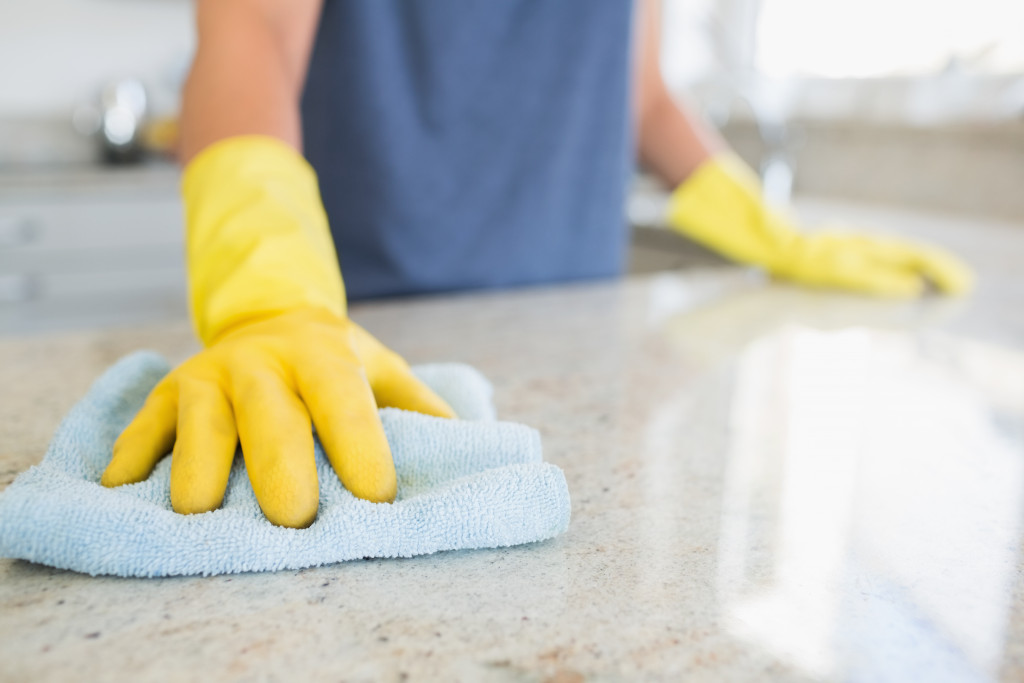The pandemic is a health emergency unlike any other. During this time, healthcare systems and hospitals are inundated with people who are reeling from the effects of the virus. It’s enough to overwhelm any country’s healthcare system, no matter how prepared the people living there supposedly are.
There are different organizations that are monitoring the movement of the virus across different places. The American Red Cross, for their part, is closely observing the movement of the COVID-19 virus while following any guidance and protocol from the CDC. Based on the observation, healthcare systems can be patterned so that they are effective in stopping the virus.
From telehealth consultations to custom-made tour buses that are turned into medical buses, there are a lot of methods that the Red Cross and everyone else is trying to make work. Interested to see how these will help combat the coronavirus? Read on and find out.
Using Alternate Care Sites
According to the CDC, the surge that healthcare systems are experiencing right now requires the use of different methods than usual. One of these is to use different medical care sites than the usual hospitals and places where people get treatment.
There are different places that are established to help COVID-19 patients receive medical attention far away from other people. These are established where people aren’t in great numbers—these sites are non-traditional and are often repurposed places such as hotels converted into hospitals or other medical field units (medical buses come to mind.)
The level of need also depends on how caring for the patients is categorized. Some patients need to be treated as soon as they brought into the hospital, while others are for cases that aren’t as urgent in care as possible.
Planning for the Trip
In case your medical emergency belongs to those that need to be treated as soon as possible, protocols also need to be followed. This means that you will be brought to the hospital in the safest way possible; this could be done with the aid of government vehicles that can be repurposed to bring suspected cases in a manner consistent with social distancing.
On the other hand, you could also arrange for your own transportation. Look for ways where you can minimize your contact with other people on the way to the hospital. Doing your small part in helping government healthcare agencies will go a long way towards minimizing the health risks of COVID-19.
Practicing Health Practices Thoroughly
There will always be a time when you’ll need to practice proper hygiene to keep yourself safe from the virus. Even if you have been designated a person under investigation, you need to keep up with the regular health protocols. This means that you can keep washing your hands after arriving from a public place, as well as avoiding touching your face after an operation.
You should also keep cleaning and disinfecting your hands when you can or on the way to the hospital. It’ll go a long way towards helping you and those around you become better and avoid the coronavirus.
Extend your Clean Practices to the Home

If you’re in the practice of cleaning and disinfecting your home frequently, continue doing that before and after you’ve arrived from the hospital. Wash your hands and wipe surfaces that you could’ve touched. This includes the doorknobs and light switches you could’ve come into contact with.
Remind your family to always keep themselves clean as well. Practicing social distancing is a great way to keep everyone safe and lessen the chances of the coronavirus getting into your home. Be proactive in wiping down other surfaces as well. If you’ve got a phone, wipe it down. This goes for anything that goes into your home, like products or other surfaces and services as well.
Controlling the Virus after Vaccination
Vaccine rollouts have started and there are people lining up to get themselves vaccinated against the virus. The CDC has issued several warnings, as well as safety measures on how people should keep themselves safe from the virus after vaccination.
Social distancing should be continued in all forms; this includes limiting your visitation to places where the virus could spread. You should limit your trips to the market, or if you need to, you shouldn’t find yourself at the nursing home too often, if you’re visiting old relatives. Make yourself less of a suspect of spreading the virus as possible.
The virus is still around. Just because people are getting vaccinated, it doesn’t mean that it’s already over. The key to winning the fight against COVID-19 is to continue practicing the CDC-mandated protocols until the virus is safely away.